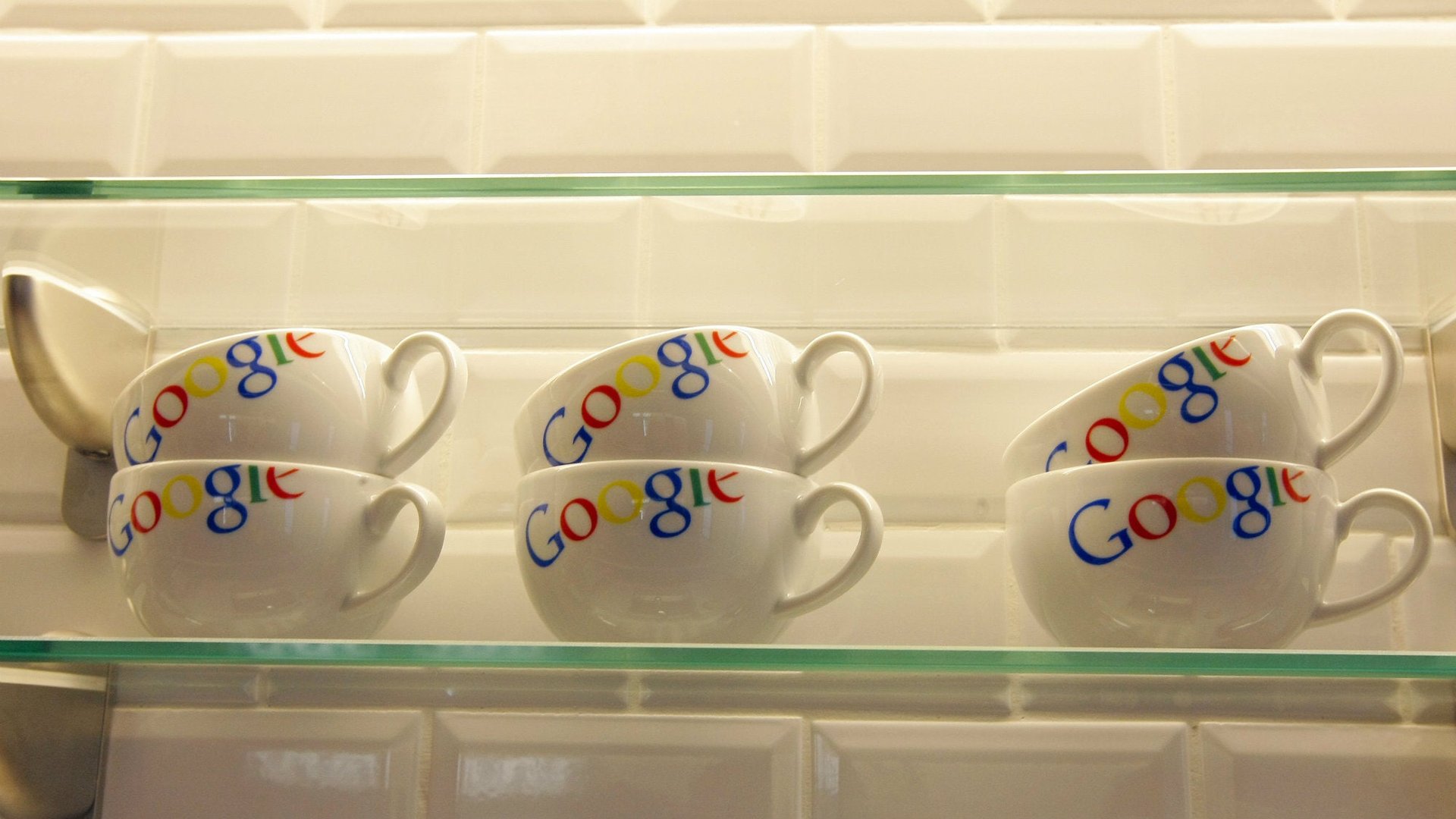Europe may be about to slap antitrust charges on Google
For Google and Europe, it is only the end of beginning. After five years of wrangling, three attempts at some sort of settlement, and a change of guard at the top of European bureaucracy, Europe is getting ready to file formal antitrust charges against Google, according to reports from both the Wall Street Journal and the Financial Times (paywalls).


For Google and Europe, it is only the end of beginning. After five years of wrangling, three attempts at some sort of settlement, and a change of guard at the top of European bureaucracy, Europe is getting ready to file formal antitrust charges against Google, according to reports from both the Wall Street Journal and the Financial Times (paywalls).
In the past few weeks, European regulators have contacted some of the original complainants in the case (which include travel companies, rival search services, and local information sites), seeking permission to publish information from documents that have so far been considered confidential, according to both papers. This is a pre-cursor to filing formal charges.
Based on reports, “there seems to be corroborating evidence over the past 48 hours that the ‘statement of objections’ is the most likely scenario in the coming weeks,” says John Phelan of BEUC, an umbrella body for consumer organisations in Europe which joined the formal complaint against Google in 2014.
A statement of objections (pdf) is a list of charges with the EU’s provisional findings. Google will then have 30 days to respond. According to ICOMP (pdf), a Microsoft-backed lobbying organisation, ”The Commission succeeded in altering the business practices to which it objected” in a statement of objections in every case since 2006.
A settlement seems unlikely given the European competition commissioner’s remarks last month (paywall) that “It’s very important not to make a habit out of settlements.” The commission can require structural changes to the way Google runs its business, and it can fine Google up to 10% of its global turnover.
Google stands accused of promoting its own services at the expense of its rivals. Search users tend not to look beyond the first link or two, hurting the chances of competitors if Google gives prominent positions to its own services. Critics point to placements for Google+ at the top of a search results page as an example that Google isn’t rewarding the most useful sites, but rather its own sites. This is especially worrying in Europe, they say, since Google enjoys a dominant position in the market, commanding 90% of searches carried out in the EU. Google’s market share in the US is lower, at around 75%.
This case will likely be Europe’s biggest and most high-profile antitrust investigation since the Microsoft case in the 1990s, which carried on well into this century and cost the company some $2 billion in fines (paywall). It is just one of multiple regulatory hassles Google is facing in Europe, which include the possibility of a second antitrust investigation looking at the Android operating system, ongoing rumblings about the right to be forgotten, and a non-binding vote from the European Parliament calling for Google to be broken up.
Google did not respond to a request for comment.